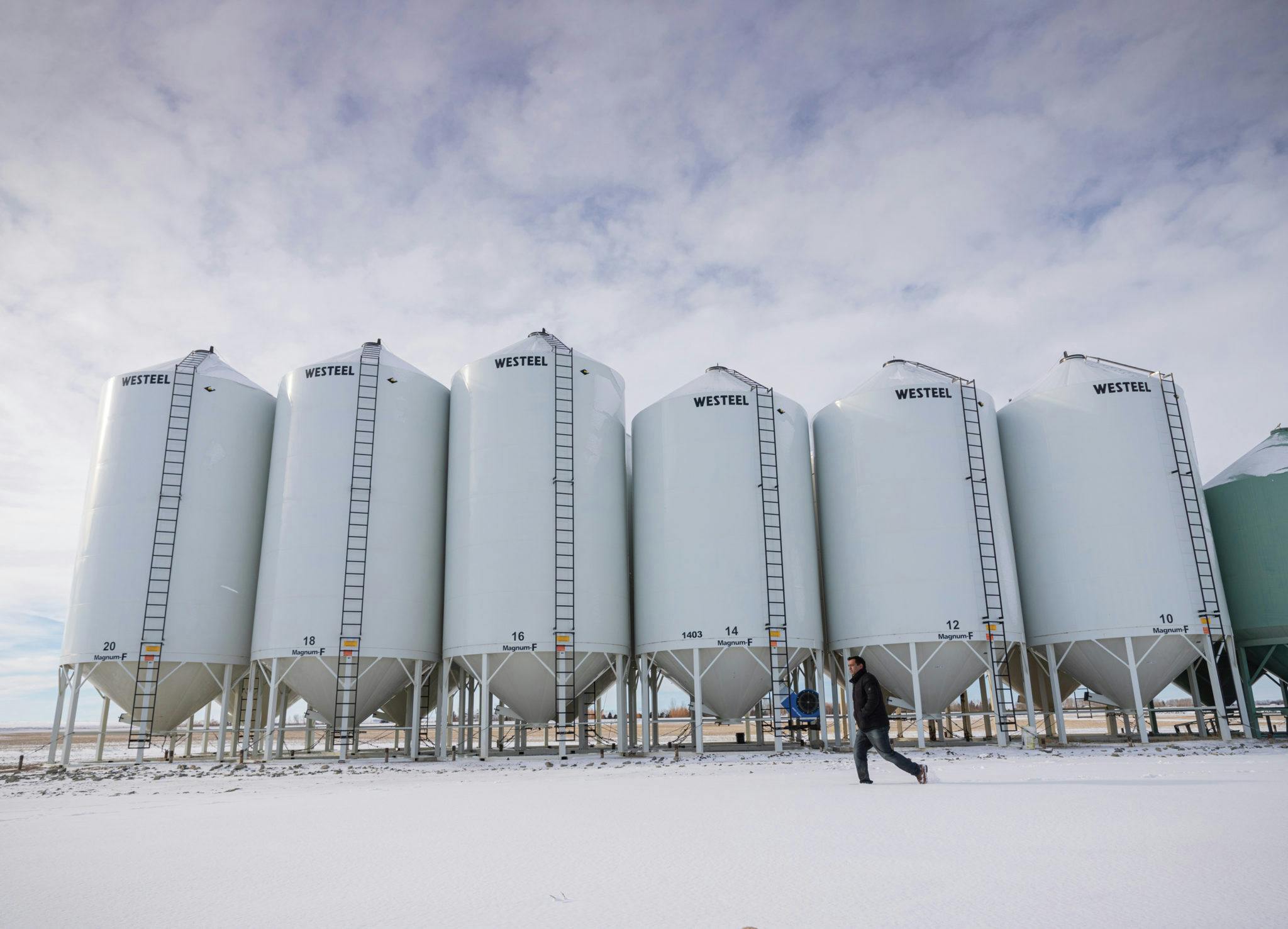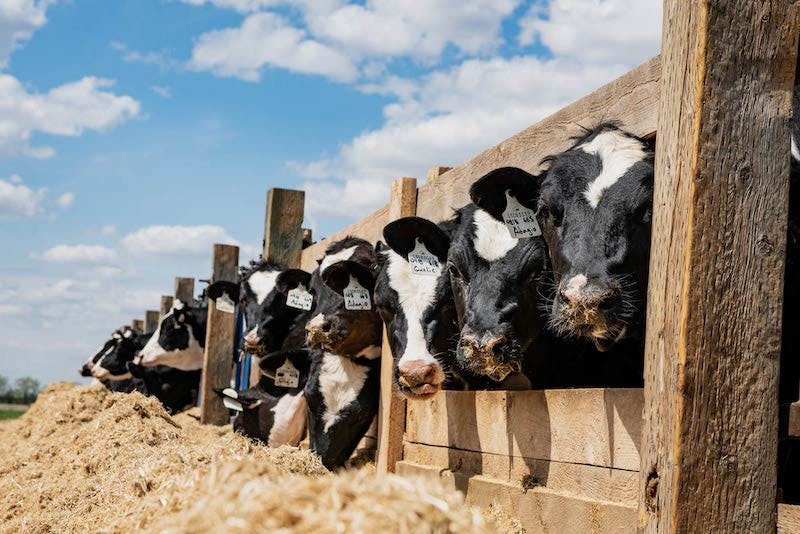Forging Forward
We collaborate and connect with industry experts, producers, researchers, processors and others within the innovation ecosystem to ensure we understand how research may help increase profitability, productivity, sustainability and competitiveness of the sector.
Producer-identified Priorities
Enhanced productivity, profitability and competitiveness
Results of any research project needs to provide economic benefits to be adopted by producers. Projects aligned with this priority may include:
plant & animal health
production efficiency
feed utilization
pest & disease management
genetic improvements
Sustainable and responsible agricultural production
Producers are at the forefront of sustainable practices. The OFCAF program is accelerating the uptake of three beneficial management practices. RDAR's research programs encourage applications for projects to investigate:
effective water management
soil health
in/output utilization
GHG emission reduction
Carbon sequestration
climate mitigation strategies (e.g. drought resistant crops)
antimicrobial resistance & animal welfare
Meet market demand: increase food safety, quality, value-added products and diversification
RDAR's scope of investment activities covers the entire agriculture value chain - from primary production through retail stores. Meeting market demands means investing in research that supports:
improved food safety, quality and nutrition
new value-added products
interaction of animal and human health (One Health)
pathogen control and reduction
meet export requirements
The Final Mile: Research Extension
Research results that do not reach producer or processors' hands will not unlock Alberta's potential. All projects RDAR funds must include a clear plan to show how results will reach the "Final Mile".
This "Mile" can mean results reaching producers for adoption, reaching a veterinarian's office, a policy-maker, or to the international markets for exports.
Final Mile projects may also include:
economic feasibility or business analyses
further adoption of beneficial management practices

